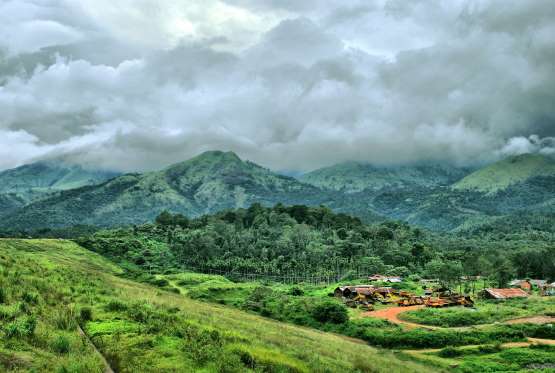What is Knowledge : Ch-8-19.
Chapter-8 : Control of the Instruments of Knowledge.19
Therefore, the control of the senses also is a part of the educational process.
It is a part of the psychology of real education.
A spiritual seeker has to be a good psychologist in the sense that he has to understand the reason behind the way in which he conducts himself, the manner in which his mind operates, and the reason why anything at all happens to him.
Why do we desire anything? It is not enough if we prevent the expression of this desire; it is also necessary to know why a desire arises at all.
And we know very well why desires of any kind express themselves: it is the persistent asking of consciousness to feel assured that it is always right in its imagination that its object is outside it.
It is telling us again and again that we have to certify, corroborate, and agree with its opinion that the world is outside it. If we say that the world is not outside, it is not going to listen to us. This is the reason why the desires cannot be easily controlled.
Now you know why the restraint of the senses is an education, and not a policeman’s action. It is an internal developing process by which we very tenaciously, but with immense patience, educate.
Educating is the process of the automatic opening of a bud into a blossomed flower, and not breaking the bud in order that it may look like a flower.
Just as a broken bud is not a flower, in the same way, a suppressed desire is not pratyahara.
The wildness with which desires sometimes act in us would indicate how far we are removed from a real conviction of the ultimate nature of creation or the final order which the universe itself is.
Our knowledge is utterly poor in regard to anything, for the matter of that. The poverty of our understanding and knowledge of anything, really, can be known from the extent of our desires.
The strength of our desires tells us how poor our understanding is of anything.
Swami Krishnananda
To be continued ....





Comments